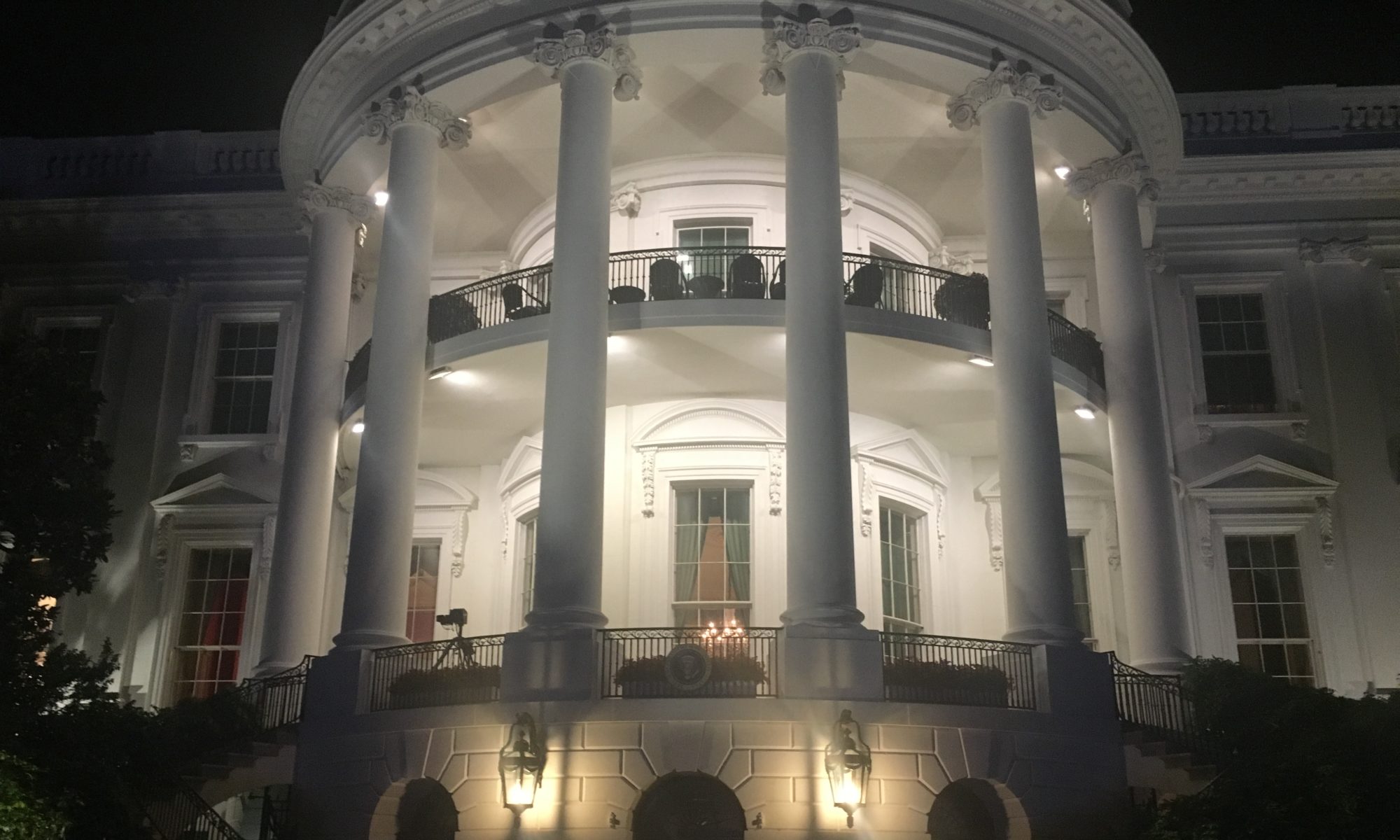March 3, 2021
Yesterday the Supreme Court heard oral arguments in Brnovich v. Democratic National Committee, and Arizona Republican Party v. Democratic National Committee, consolidated cases seeking to uphold two controversial Arizona laws designed to suppress the vote. The measures require that any vote cast in the wrong precinct be discarded and prohibit the collection of absentee ballots by any third party, (Source: “Majority appears poised to uphold Arizona voting rules,” by Amy Howe, scotusblog.com, 3/2/21).
These laws are not designed to address an actual problem, but to throw as many obstacles as possible in the path of Black, Brown, AAPI and Indigenous voters. In oral arguments before the Court yesterday, Michael Carvin, the lawyer for the Arizona Republican Party admitted that striking down these two laws would “put Republicans at a ‘disadvantage’ because it would help more people to vote and ‘those people would lean Democratic,’” (Source: “Hardcore GOP Position For Defanging VRA Falls Apart Under SCOTUS Questioning,” by Tierney Sneed, talkingpointsmemo.com, 3/2/21).
Republicans have made no secret of their determination to keep “those people” from voting. As the Brennan Center has tracked, there are currently more than 250 bills pending in 43 states that would make it harder to vote, a seven fold increase over last year. In Georgia, which just sent two Democratic senators to Washington and voted for a Democrat for President for the first time since 1992, the Republican led legislature just passed a raft of shockingly restrictive voter suppression bills on Monday. The new bills would require voters to submit a driver’s license or other photo i.d. to obtain an absentee ballot, drastically reduce the number of Dropbox locations and severely limit Sunday “Souls to the Polls” days. It would prohibit providing food and drink to voters waiting in line, a measure with no other goal than to ensure that Black voters, who already endure punishingly long lines at the polls, would have to suffer to exercise their right to vote, (Source: “Voting restrictions bill passed Georgia House over strong opposition,” by Mark Niesse, ajc.com, 3/1/21).
The ubiquity of these draconian bills is a national emergency. Republicans seek nothing less than a return to a pre-Civil Rights movement Jim Crow era, where Black people and other people of color were robbed of the franchise through poll taxes, literacy tests and violence. If we want to safeguard the rights of all Americans and to preserve democracy itself, Congress must pass H.R.1, the For The People Act. The For the People Act will protect voting rights, eliminate partisan gerrymandering and reduce the influence of money in politics.
In the face of this crisis, Senate Democrats’ refusal to abolish the filibuster is a dereliction of duty. It was bad enough when they allowed the Senate Parliamentarian, an unelected functionary that no one had previously heard of, to torpedo the $15 minimum wage. The Parliamentarian decreed that the minimum wage did not have the requisite budgetary impact to justify its inclusion in a budget reconciliation bill, a maneuver that was only necessary because the filibuster makes it impossible to pass any other legislation without 60 votes.
The attachment that Senate Democrats have to fusty rules and procedures would be quaint, if it weren’t so dangerous. When Republicans were in power, they didn’t think twice about eliminating the filibuster for Supreme Court nominations. The last dozen years should have shown Congressional Democrats that Republicans will abuse power whenever they have it, regardless of what Democrats do. Now that they have power, Democrats shouldn’t hesitate to wield it to help people. After all, that’s what we sent them to Washington to do.
Senate Democrats may counter that they don’t have the votes to eliminate the filibuster, given the staunch opposition of Joe Manchin and Kyrsten Sinema. That is not an excuse. Democrats could change the rules to reimpose a speaking filibuster, a la “Mr. Smith Goes To Washington.” This change was suggested by law professors Burt Neuborne and Erwin Chemerinksy.
If that seems a bridge too far, Norm Eisen proposed other reforms that would limit the filibuster: i) flipping the burden so that the filibustering minority would have to muster 40 votes to continue the filibuster, ii) changing the number required to end debate to ⅗ of those “present and voting,” instead of ⅗ of the entire Senate; and iii) reducing the number required to end debate from 60 to 55, (Source: “Democrats can’t kill the filibuster. But they can gut it,” by Norm Eisen, The Washington Post, 3/2/21).
Given the filibuster’s past and present as a tool of anti-majoritarian segregationists, outright abolition would be the best course of action, but good ideas for reform abound that would empower Democrats to pass legislation that benefits the American people. The point is to get caught trying. Otherwise, we can only conclude that Republicans aren’t the only ones who oppose “those people” voting.
#PassHR1
#Abolishthefilibuster
